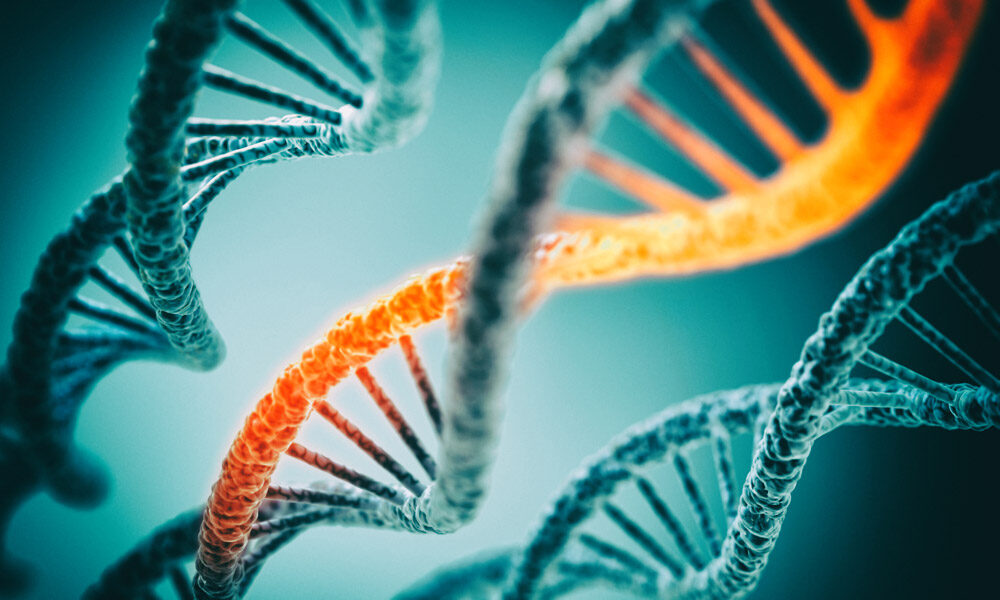
So how can we turn on the good genes and turn off the bad ones to prevent cancer from developing.
In normal cells, oncogenes are turned off by the methyl groups and remain silent; cancer suppressor genes are not methylated, so they are turned on.
In short, when foods that are beneficial to fighting cancer are consumed, their ultimate goal is the same, regardless of the way in which they affect genes: to turn off oncogenes and turn on cancer suppressor genes.Dietary polyphenols alter the epigenetic factors of cancer cells, including through the activation of silent genes, thus fighting cancer.
Catechins can prevent the methylation of cancer suppressor genes.The intake of catechins protects the activity of beneficial genes and makes the cells produce anticancer proteins to fight and treat cancer.
It demonstrated that catechins in green tea can inhibit DNA methylation and reactivate cancer suppressor genes that had been silenced by high methylation, in colon, skin, esophageal, and prostate cancer cells.
The anti-proliferative property of resveratrol has been demonstrated in liver, skin, breast, prostate, lung, and colorectal cancer cells.
Researchers at the University of Arizona found that resveratrol prevents epigenetic silencing of cancer suppressor proteins in breast cancer cells.Scientists at the National Institutes of Health have demonstrated that resveratrol can inhibit the expression of anti-apoptotic proteins in breast cancer cells, thereby inducing apoptosis, or the cell death of cancer cells.Studies have shown that soy isoflavones can reactivate the expression of cancer suppressor genes in prostate cancer cells.The results showed that taking isoflavones caused hypermethylation of two breast cancer-related genes, and it silenced these breast cancer genes.
It inhibits the growth of cancer cells and exhibits the ability to promote cancer cell apoptosis.
In addition, researchers at another university in the United States have demonstrated through cell culture experiments that isothiocyanates can inhibit methyltransferases in breast cancer cells and suppress the hTERT gene, which is overexpressed in about 90 percent of cancers.